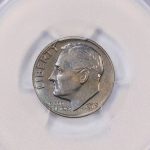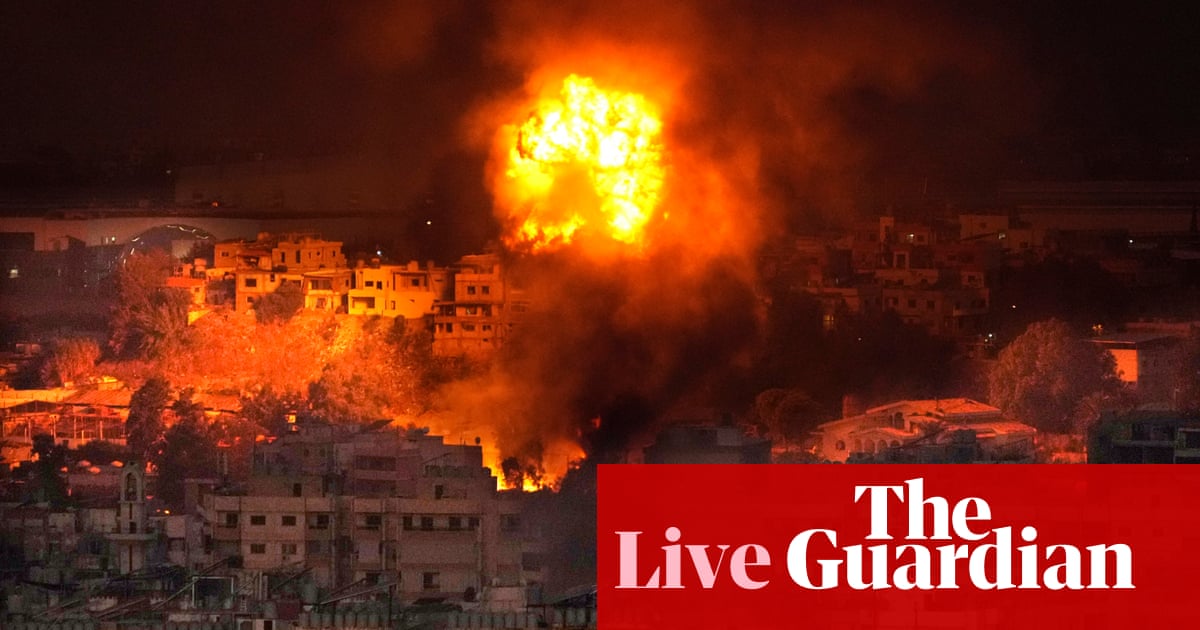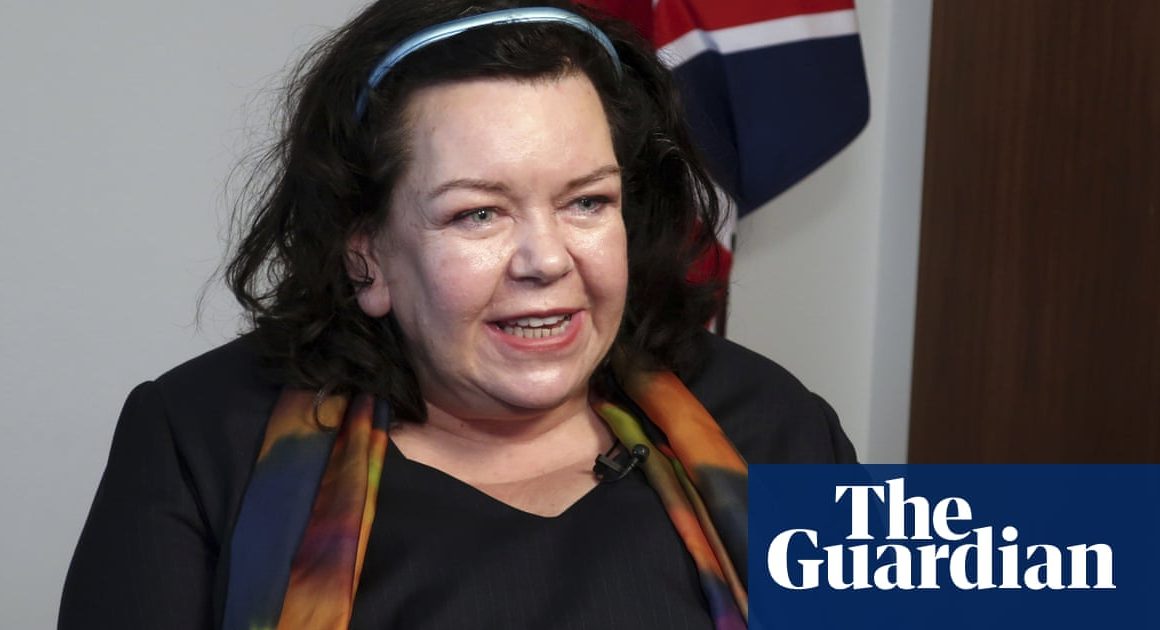Key events
Our full report with the latest on Israel’s fresh series of attacks in Beirut and Lebanon has gone live – see it here:
Lebanon’s health ministry has said hospitals in Beirut’s southern suburbs will be evacuated after the heavy Israeli strikes in the area, urging hospitals in unaffected areas to stop admitting non-urgent cases.
A ministry statement on Saturday called on hospitals unaffected by Israeli strikes to “stop receiving non-emergency cases until the end of next week in order to make space to receive patients from hospitals in Beirut’s southern suburbs which will be evacuated due to the developments in the aggression”, Agence France-Presse reported.
The health ministry has yet to provide an updated toll for strikes.
Opening summary
Welcome to our continuing live coverage of Israel’s strikes in Lebanon and the wider Middle East crisis – it’s just gone 8.20am in Beirut and Tel Aviv.
A wave of air raids hit Beirut’s southern suburbs early on Saturday as Israel stepped up attacks on Hezbollah, after a massive strike on the Iran-backed movement’s command centre that apparently targeted leader Hassan Nasrallah.
Reuters witnesses heard more than 20 airstrikes before dawn on Saturday. Abandoning their homes in the southern suburbs, thousands of Lebanese congregated in squares, parks and sidewalks in downtown Beirut and seaside areas.
Israel’s military said early on Saturday that about 10 projectiles had crossed from Lebanon into Israeli territory and that “some” had been intercepted. A statement from the military did not identify the projectiles, which it said were detected after sirens sounded in the Upper Galilee area.
An unprecedented five hours of continuous strikes early on Saturday followed Friday’s attack, by far the most powerful by Israel on Beirut during nearly a year of war with Hezbollah and making a sharp escalation of a conflict, Reuters reported.
The latest escalation has sharply increased fears the conflict could spiral out of control, potentially drawing in Iran, Hezbollah’s principal backer, as well as the United States.
There was no immediate confirmation of Nasrallah’s fate after Friday’s heavy strikes, but a source close to Hezbollah told Reuters he was not reachable. The Lebanese armed group has not made a statement.
Lebanese health authorities confirmed six dead and 91 wounded in the initial attack on Friday. The toll appeared likely to rise much higher. There was no word on casualties from the later strikes. More than 700 people were killed in strikes over the past week, authorities said.
In other developments:
-
The Lebanese health ministry said six people were killed and 91 injured in Friday’s attack, while some early estimates put the number of dead at 300. More casualties were expected as rescue workers clear rubble.
-
Several apartment blocks in the Haret Hreik neighbourhood were reduced to rubble, and footage from the scene showed huge slabs of concrete topped by piles of twisted metal and wreckage. Several craters were visible, into one of which a car had fallen.
-
Israel’s military earlier ordered southern Beirut residents to evacuate and warned it was planning to strike three specific buildings in the area. The Israel Defense Forces (IDF) posted a map of certain areas of Dahiyeh and said residents “were obliged to evacuate the buildings immediately and move away from them at a distance of no less than 500 meters”.
-
Israeli media reported the strike on Beirut as an attempt to kill Hassan Nasrallah. There has been no immediate confirmation of the Hezbollah leader’s fate, with a source close to Hezbollah telling Reuters he was not reachable. The Lebanese group has not made a statement.
-
Hezbollah responded by Israel’s strike on Beirut by bombing Safed, a city in north Israel, with a rocket salvo “in response to Israeli attacks on cities, villages and civilians”. The Iran-backed militant group announced more attacks at Karmiel and Sa’ar. Israel braced for potential retaliation from Hezbollah in Lebanon, as well as from Yemen and Iran, urging residents of Golan Heights, Safed and Merom HaGalil to stay near protected areas.
-
The Israeli military claimed to have killed the commander of Hezbollah’s missile unit in southern Lebanon, Muhammad Ali Ismail, and his deputy, Hossein Ahmed Ismail, in fighter-jet attacks. The IDF also said on X that “with them other commanders and terrorists of Hezbollah were eliminated”.
-
Hundreds of families crammed into vehicles and fled Beirut’s southern suburbs overnight into Saturday after Israel’s strikes and warnings to evacuate. Bottlenecks formed in the middle of the night on normally deserted streets of the capital, many of them in darkness due to power cuts.
-
Joe Biden, the US president, has directed the Pentagon to “assess and adjust as necessary” American forces in the Middle East, the White House said after Friday’s attacks on Beirut. Biden earlier on Friday said the US had “no knowledge of or participation” in the strike. Israeli prime minister Benjamin Netanyahu’s office said he had personally approved the strike, and announced that he had cut short his US visit and would return immediately to Israel.
-
The European Union’s foreign affairs chief, Josep Borrell, voiced regret that no power, including the US, can “stop” Benjamin Netanyahu, saying the Israeli prime minister appears determined to crush militants in Gaza and Lebanon.
-
Tens of thousands of people have protested in Iranian cities and in the Yemeni capital to condemn Israeli attacks on Lebanon and Gaza, Agence France-Presse journalists and state media reported.
-
The strikes came shortly after a bellicose speech by Netanyahu in the UN general assembly. Netanyahu shrugged off global appeals for a ceasefire in Lebanon and Gaza, and instead denounced the UN as an “antisemitic swamp” and insisted that Israel is “winning” its wars on multiple fronts. Many national delegations walked out in protest as he took the floor.
-
The UN secretary general, António Guterres, reiterated his call for a Middle East ceasefire, saying: “Gaza remains the epicentre of violence, and Gaza is the key to ending it.”











